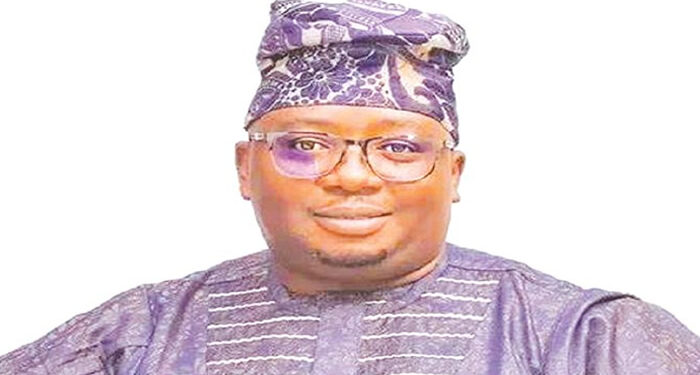Human rights lawyer Femi Falana has criticized the Federal Government, particularly Minister of Power Adebayo Adelabu, asserting that they have failed Nigerians. Falana’s condemnation came in response to Adelabu’s appearance before the Senate to defend the increase in electricity tariffs and charges imposed on Nigerians.
During an interview on a Channels TV show, Falana accused Adelabu of neglecting the illegality of the tariffs, citing Section 116 of the Electricity Act 2023, which mandates a public hearing before any tariff increase can be approved. He also highlighted the lack of explanation from the minister or the Nigeria Electricity Regulatory Commission regarding the impunity surrounding the tariff hike.
Expressing concern over what he perceives as impunity within the government and regulatory bodies, Falana emphasized the importance of operating within the rule of law. He questioned the basis for justifying the tariff increase, particularly in light of the failure to meet the promised uninterrupted electricity supply for certain customer categories.
Falana further alleged that the Nigerian government is following directives from international financial institutions like the International Monetary Fund (IMF) and the World Bank, which advocate for the removal of subsidies and commercialization of social services. He criticized Western countries for advising against subsidies while implementing similar measures domestically.
Despite explanations provided by Adelabu that the tariff hike would only affect Band A customers who receive 20 hours of electricity daily, Falana remained adamant that neither the minister nor the National Electricity Regulatory Commission (NERC) has adequately justified the increase. He argued that Nigerian law prohibits discrimination against customers and insisted that Nigerians should not be charged differently for the same service, especially when faced with frequent power outages.
In response to the outrage over the tariff hike, Adelabu participated in a Senate investigative hearing. However, Falana expressed skepticism about the outcome, suggesting that the matter should be pursued in court to hold the minister and the Attorney General of the Federation accountable for their actions.
























